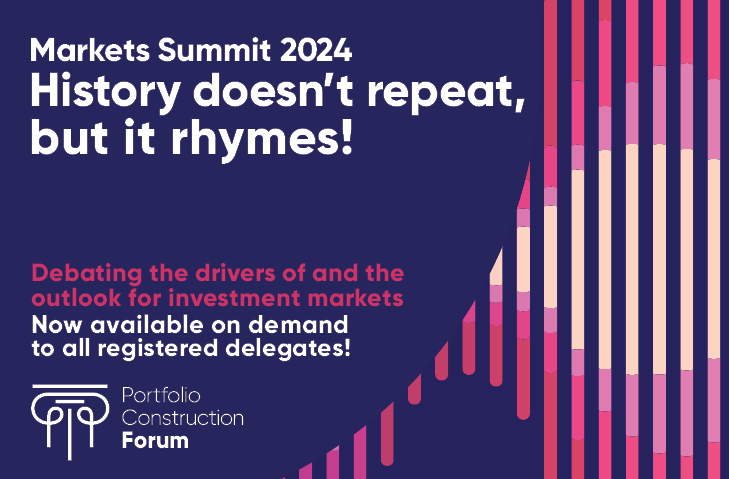You can identify and compensate for your own cognitive biases
Andrew Inwood | CoreData | 19 February 2020 | 0.50 CE
Practitioners should seek to understand how their own and other people’s different biases, beliefs and behaviours impact investment markets and portfolio construction practices. In order to truly “know themselves”, practitioners must understand their own cognitive biases which influence their own investing behaviours. By identifying their own systematic patterns of departure from “rational” behaviour, practitioners can compensate for their effects, and improve the quality of their day-to-day investment decision-making.





